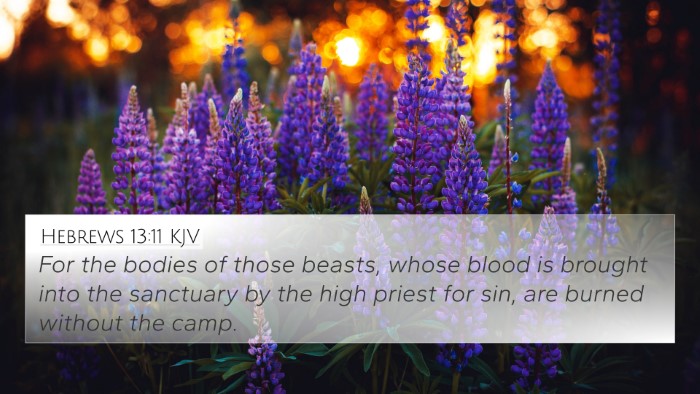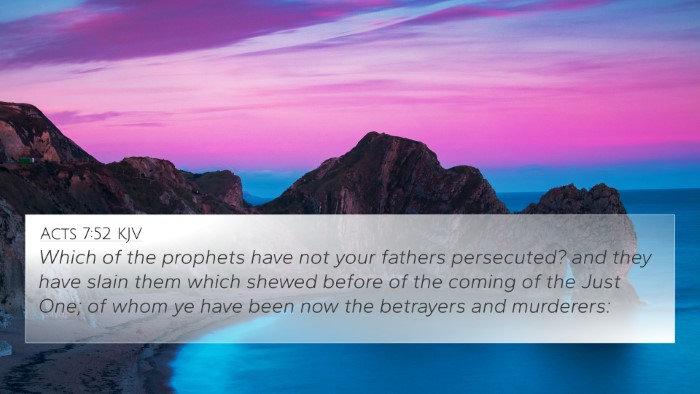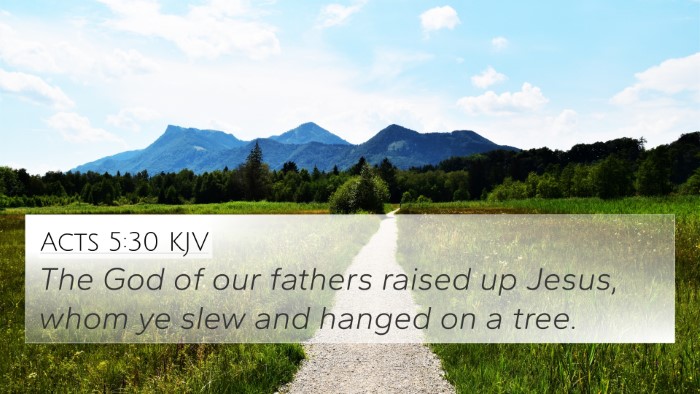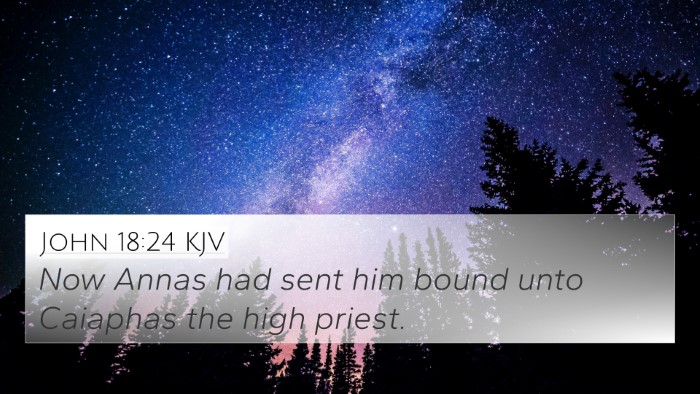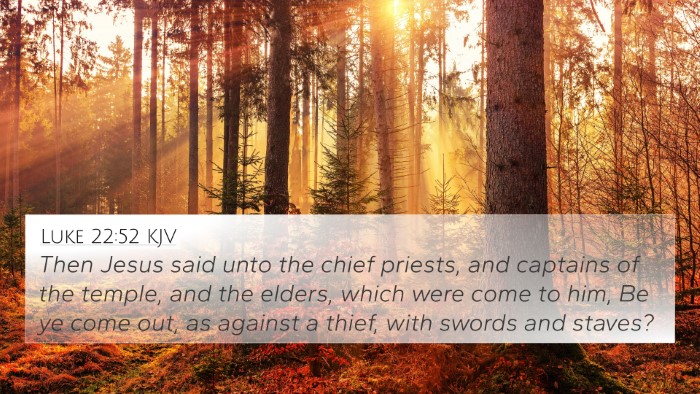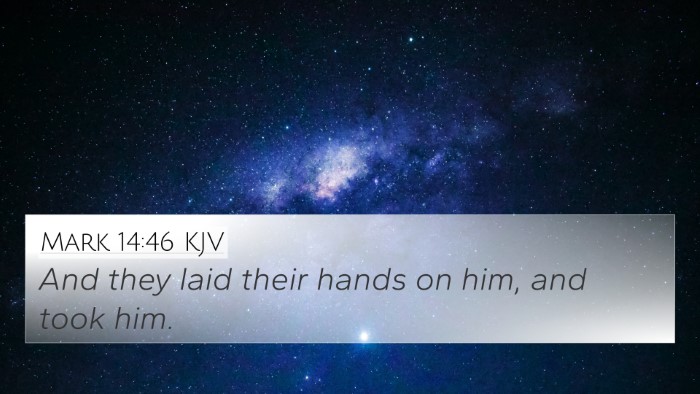Understanding Matthew 21:39
Matthew 21:39 states, "And they caught him, and cast him out of the vineyard, and slew him." This verse is part of a parable Jesus tells regarding the kingdom of heaven and serves as a warning about rejecting God's messengers.
Summary of Meaning
The verse illustrates a crucial moment in the parable of the wicked tenants, where the tenants representing Israel's leaders reject and mistreat the servants (prophets) sent by the landowner (God), culminating in the rejection and murder of the son (Jesus Himself). This reflects the broader theme of hostility towards God's messengers and foreshadows the coming rejection of Christ.
Insights from Commentaries
-
Matthew Henry:
Henry emphasizes the judgment that awaits those who reject the truth. The act of casting the son out of the vineyard symbolizes how Jesus would be rejected and crucified outside of Jerusalem, portraying a grim but inevitable outcome for those who oppose God's will.
-
Albert Barnes:
Barnes notes that the vineyard represents Israel, and the tenants are the religious leaders who have taken control of it but fail to honor God. Their actions of killing the son reveal their ultimate contempt and aim to seize the vineyard, representing the rejection of God's authority over Israel.
-
Adam Clarke:
Clarke points out that this moment points to God's prophetic messages and His Son being consistently belittled and sent away. The verse accentuates the stubbornness of the leaders who refuse to heed divine warnings, and it presages the ultimate fate of those who rebel against divine order.
Bible Cross References
This verse connects to several other significant biblical texts that illuminate its meaning:
- Isaiah 5:1-7 - The parable of the vineyard where God declares His expectation and judgment on Israel.
- Matthew 21:33-46 - The full context of the parable of the wicked tenants includes the rejection of the vineyard’s owner.
- Luke 20:9-16 - A similar account of the parable describing the violent rejection of God’s messengers.
- John 1:11 - "He came unto his own, and his own received him not," reflecting the rejection faced by Jesus.
- Acts 7:52 - Acknowledges the tendency of the Jewish leaders to persecute prophets sent to them.
- 1 Peter 2:4-8 - Describes Christ as the rejected stone, reinforcing the theme of rejection among God’s chosen people.
- Hebrews 13:12 - Mention of Jesus suffering outside the camp, highlighting the rejection He faced.
Thematic Bible Verse Connections
The parable and Matthew 21:39 connect with various themes throughout the Bible, showcasing God's dealings with humanity and the recurring rejection of His truth:
- The theme of rejection of prophets (e.g., 2 Chronicles 36:16)
- The concept of a vineyard connected to Israel (e.g., Psalm 80:8-9)
- Foreshadowing of Jesus’ crucifixion (e.g., Mark 12:10-11)
- The consequences of ignoring God’s messages (e.g., Jeremiah 7:25-26)
Cross-Referencing Biblical Texts
For those focusing on cross-referencing Bible verses, it is vital to utilize tools and guides that can deepen understanding:
- Using a Bible concordance to find related topics and themes.
- Employing a Bible cross-reference guide to see how different texts interact.
- Engaging in cross-reference Bible study for comprehensive analysis.
- Exploring inter-Biblical dialogue for enriched understanding of scripture links.
Conclusion
Matthew 21:39 serves as a potent reminder of God's call for obedience and the tragic realities of rejecting His message. By cross-referencing and studying these scriptures, believers can grasp the seriousness of this call and gain a deeper appreciation for God’s salvation plan through Christ.





